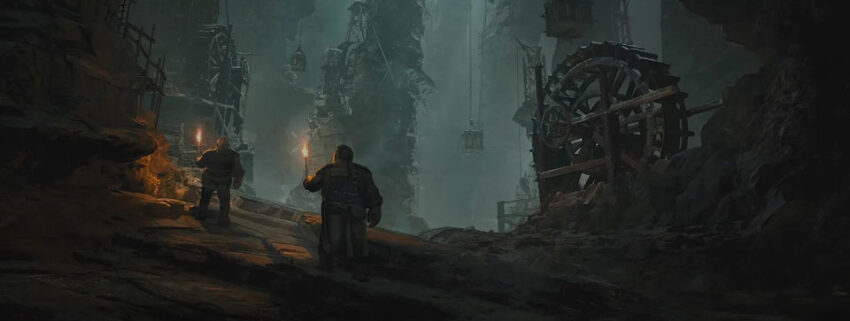
Night Divinity
Thought reels upon recall of yesterdays extended quotation. Nietzsche describes Moira, a concept of the ancient Greeks. Moira is an inchoate dimension of a-rationality, impenetrable, formless dark, which disrupts our “world”, the one which we’ve purposefully constructed, a life-world of reason. We call such events accidents. Such as when a vehicle slams into another at a speed of over 60 mph. Contrary to reason no one suffers injury. Or perhaps not.
Nietzsche remarks that the ancients conceived of this realm as a counterpoise to the occasional intervention of their gods into everyday affairs. The gods were patronized by dutiful worship, but Moira, obscure fate at times overruled even their will.
Nietzsche takes pains to make a point. According to Christianity’s view, an all powerful Father-God is weirdly, wonderfully at work, to execute his intention of love in the carnage of accidents, all the way from collisions on the tollway to hurricanes laying waste to towns, and farming communities, etc.. However our stupidity masks the wonder of these works from our appreciation. Nietzsche thought this was a particularly perverse turn of thought.
Does not Adnan the poet’s language parallel the ancients? Night, is a deity, a composite of all the divine powers. (Not even AI will ever plumb its depths.) A suggestion is offered that Night, is a necessary divinity for us homo sapiens. Because in darkness, underground, the acorn sprouts, the roots of mature trees grow, — and that every tree is new.
Night overflows with being, from a womb of dark comes that which never before existed…
What better time to anticipate and welcome the “overflow”?
It was all because life, too, these days, has started to talk,
and made me believe that night is a divinity made of all the others,
and that in its heart trees are growing whose nature is
of a new reality.
Night is the overflow of being.
Night by Etel Adnan, page 33
*Header image-concept is of Moira, Lord of the Rings by J.R.R. Tolkein